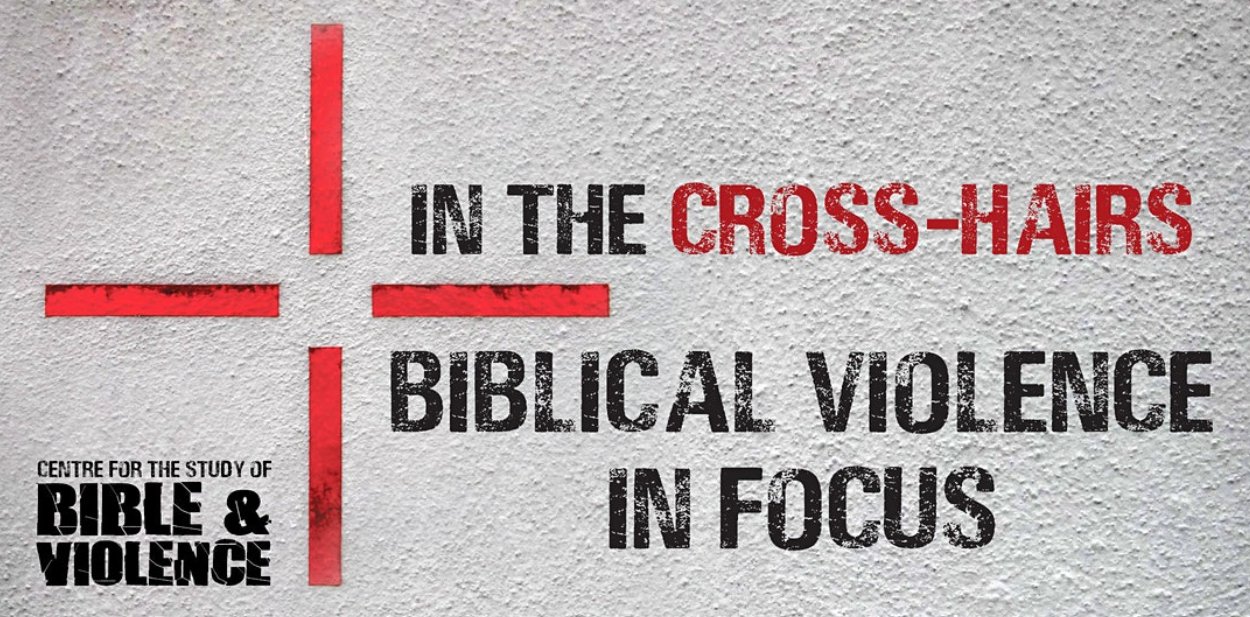Every since I went to Seminary, I became acutely aware of a problematic phrase that is commonly heard among Christians—”I read the Bible literally.”
I wasn’t previously ignorant of the fact act the Bible was originally written in another language, but, until Seminary, it hadn’t quite dawned on me that it was also written a long, long time ago in a land far, far away. This essentially means that a modern American who is reading an English Bible can hardly read the text literally.
A significant part of the process of trying to figure out what the Bible is communicating is called “biblical criticism”. And the working out of biblical criticism involves an ethical process in what the reader assumes is true about the biblical text, in that the Bible presents information with integrity.
Reading the Bible with integrity stems from a belief that the text communicates something sincere and meaningful, a message written by one human in an attempt to clearly communicate truth to another human (or group of humans). Furthermore, the message being communicated in the Bible is a spiritual one, one inspired by the Divine. This awareness of Divine importance, and even of Divine transmission, raises the stakes for ethical communication and interpretation of biblical text.
In Seminary, students are required to interpret biblical passages by first recognizing the historical situation, and then acknowledging previous interpretations. Once all this is compiled, then a modern understanding of the passage can be proposed and assessed. In this process, a number of reasonable interpretations may come to light, each one a kind of “literal reading.” Each interpretation relies on different basic assumptions for its respective interpretation. All of this is made more complicated by translation issues, which can vary and have various means of input. I won’t go into this here, but you can read more about this in another post.
Interpreting a biblical passage must include recognition of its potential readers. The Bible does not belong solely to one person, or one group of people. It is a text that seeks a global readership. From the outset, in the very beginning, the Bible describes the creation of humans as a singular event, where all humans can trace their heritage back to a point of common reflection in the image of God. This means that biblical text is best read in the company of others who share that image.
It can be helpful, therefore, to read scripture among a group of people who represent a mix of gender, age, class, and ethnicity. It can also be helpful to read Scripture along with others throughout history, for example including writings from early church leaders or martyrs or saints. It can also be helpful to read along with people who have other kinds of faith commitments or religious leanings, like Judaism or Islam. It can also be helpful to be mindful or inclusive of other cultures and reading contexts. Approaching biblical texts from various perspectives, and sharing in these kinds of inclusive readings, can illuminate concepts or ideas in the text that might otherwise have been missed.
This brings us back to the question of how to read the Bible with integrity. The person who is reading the Bible to understand its meaning might consider their ethical obligation to read Scripture in community. The Bible is a communal text and it has the potential to bring people together, even those who have different views, under a banner of common belief. The challenge of this is for individuals to share their views while maintaining humility. Diversity and inclusion are essential to reading the Bible for understanding, but it is through common faith and a shared heritage of being created in God’s image that allows for recognition of Truth.

Dr. Erica Mongé-Greer, holding a PhD in Divinity from the University of Aberdeen, is a distinguished researcher and educator specializing in Biblical Ethics, Mythopoeia, and Resistance Theory. Her work focuses on justice in ancient religious texts, notably reinterpreting Psalm 82’s ethics in the Hebrew Bible, with her findings currently under peer review.
In addition to her academic research, Dr. Mongé-Greer is an experienced University instructor, having taught various biblical studies courses. Her teaching philosophy integrates theoretical discussions with practical insights, promoting an inclusive and dynamic learning environment.
Her ongoing projects include a book on religious themes in the series Battlestar Galactica and further research in biblical ethics, showcasing her dedication to interdisciplinary studies that blend religion with contemporary issues.




